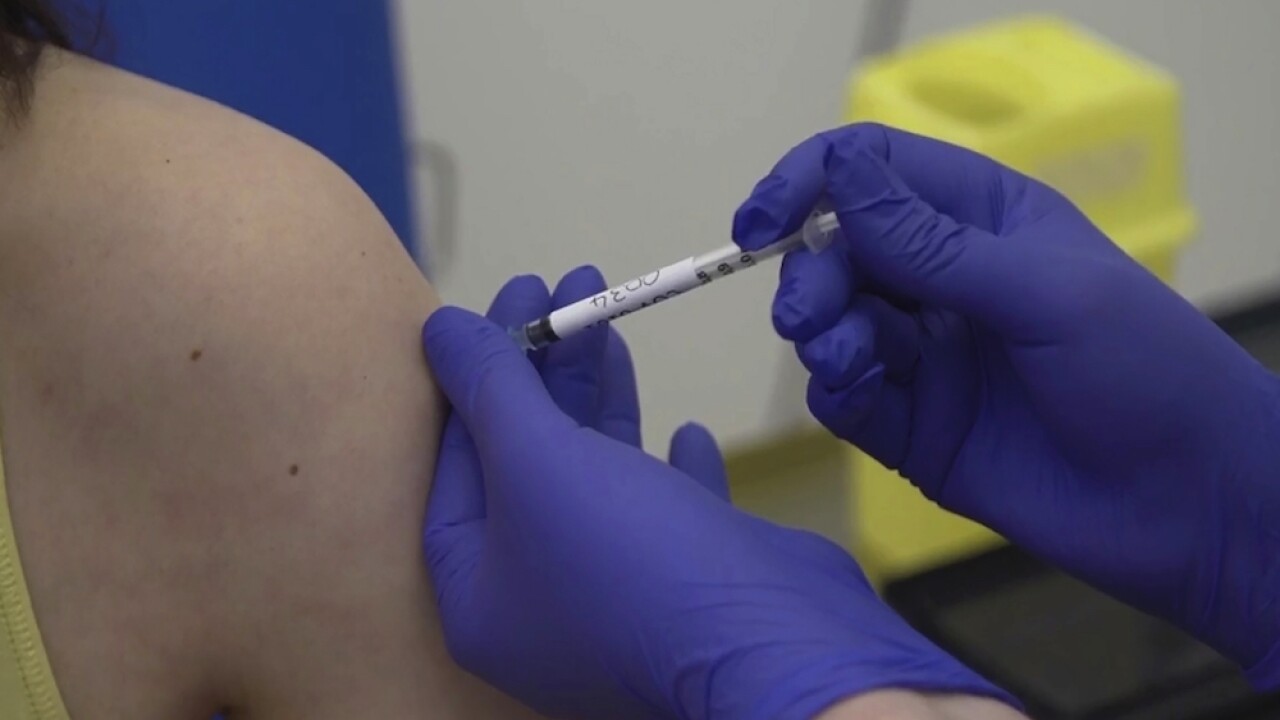NASHVILLE, Tenn. (WTVF) — While there's no doubt that 2020 will be defined by the struggle of COVID-19, it's also worth celebrating that a vaccine is gradually being distributed less than a year after the first case reached the U.S.
In early March, a Williamson County man, who had just traveled from Boston, became the first Tennessean to test positive for COVID-19.
On March 12th, the SEC Men's Basketball Tournament in Nashville was canceled, along with a wave of professional and collegiate sports canceling all match-ups indefinitely.
"I've come a long way to see this, and I've been looking for this for a long time," lamented Hubert Williams, an Ole Miss fan that came to town to watch the games. "Until further notice, all businesses not performing essential services, will close for 14 days beginning at midnight tonight," said Mayor John Cooper in a televised address.
COVID-`19 may not have hit home until March, but the race for a cure started long before that. Back in January, medical researchers were already working to decipher the genetic makeup of COVID-19.
Almost every pharmaceutical company on the planet launched efforts to develop a vaccine. The previous record for developing an immunization was four years, but now companies were hoping to do it in a fraction of that. "Our goal is to have a vaccine available for broad distribution by year-end or early next year," said Dr. Stephen Hoge, President of Moderna Therapeutics.
By March, several drug makers were able to begin small scale human trials. In July, Vanderbilt University Medical Center agreed to facilitate a much larger study for a vaccine developed by Moderna.
"We're excited to take part in a Phase 3 vaccine study for new Coronavirus vaccine which we hope will be one of the ways to end this pandemic," Dr. Creech told us at the time.
Volunteers were given two shots. Some of the group received the vaccine, others were given the placebo. Volunteer Bill Snyder told NewsChannel 5 that he signed up as soon as he heard about the trial.
"I wanted to help get the science moving along we really need an answer quickly -- as to whether this vaccine works so we can start immunizing people," said Snyder.
We checked back in with Snyder in November. He still doesn't know which version he got but didn't feel any side effects. He added that while researchers were working at a break-neck pace, every precaution was still being followed. "They're continuing to test my blood and see how I am doing," he said.
By early November, both Pfizer and Moderna announced their trials were a success and were ready to move forward.
Now a new set of challenges emerge -- like producing enough of it to immunize millions of people and prioritize who gets it first.
Vanderbilt's Dr. William Schaffner is part of the CDC advisory committee who decided that healthcare workers and long-term care facility residents should have access first. "It’s been a very careful, thoughtful, deliberate discussion," said Dr. Schaffner.
The biggest challenge may await us in 2021, convincing millions of Americans that these vaccines are the best and safest way to conquer COVID-19.
"I think it’s really important just like every year you and I may not remember what brand of flu vaccine we got, we just know we’re protected from severe flu. I hope the same can be said of COVID vaccines," said Dr. Creech.





